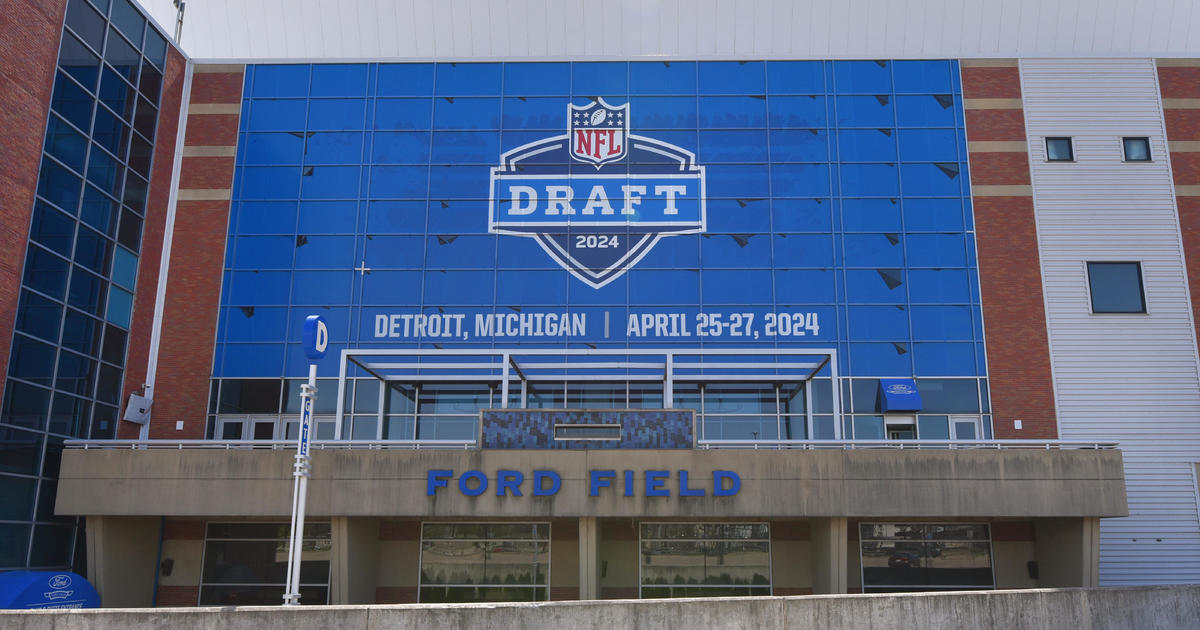Awards and Certifications From September 18
Wayne State student wins national research award: David Bissig, a M.D. and Ph.D. student in Wayne State University's School of Medicine, received the National Institutes of Health's Ruth L. Kirschstein National Research Service Award for Individual Pre-doctoral M.D./Ph.D. Fellows, also known as the F30, for a study that will investigate a potential mechanism for age-related vision decline in rats and test a potential therapy. The purpose of the F30 award is to support individual pre-doctoral M.D./Ph.D. students in their effort to becoming highly-trained physician scientists, with the expectation that these training opportunities will increase the number of future physician and clinician investigators in basic, translational or clinical research. Bissig is working in the lab of Bruce Berkowitz, professor of anatomy in the School of Medicine. Bissig received the award to determine if increased levels of calcium uptake in the brain and retina correlate with age-related vision decline. The work utilizes Wayne State's state-of-the-art small animal MRI facility to perform manganese-enhanced magnetic resonance imaging, or MEMRI, a functional MRI method that can be used to study neuronal health and function. Bissig will study whether age-related vision loss occurs as a result of neuronal dysfunction in the retina caused by the dysregulation of ions such as calcium -- a hypothesis that until now has been untested in vivo. As the retina and brain process information, ions move into and are pumped out of the neurons. Previous studies on the hippocampus have shown that as animals age, the number of channels that bring ions into neurons increase, causing an imbalance. "It's like trying to bail water out of a boat; if a neuron is unable to move ions out at the same speed they are coming in, this will likely cause problems," Bissig said. "We think an increase in ion uptake could somehow be related to vision loss." Administering manganese as a biomarker for calcium, Bissig will use MEMRI to noninvasively observe manganese uptake in retinal neurons. Done over three-month intervals for 21 months, he will determine whether a correlation exists between manganese uptake in the retina and brain, and age-related decline in vision. In the second phase of the study, Bissig will introduce a drug to alter retinal ion regulation to determine whether it alleviates age-related decline in vision. Bissig said understanding normal age-related changes in vision will serve as a foundation for understanding diseases of the eye that tend to develop in older individuals, such as macular degeneration, glaucoma and diabetic retinopathy. "Before you can gain an insight into how vision-related diseases work, it is necessary to first understand how vision changes in general with age," Bissig said. "These changes may be linked to the cause of the disease and may impact how the body responds once it has the disease." Bissig was first introduced to the research of current mentor and co-author Berkowitz at an fMRI symposium at the University of Michigan, where Berkowitz presented fMRI images of neurons in the retina of rodents. "The images were just spectacular," Bissig said. "Functional MRI images of the brain usually have limited resolution, but Dr. Berkowitz's eye images were impressively detailed. It blew all the others out of the water." Bissig joined Berkowitz's lab after being accepted to WSU's M.D./Ph.D. program. Once completed, he hopes to work as a neurologist and further his research on age-related vision loss.
(c) 2010, WWJ Newsradio 950. All rights reserved.



